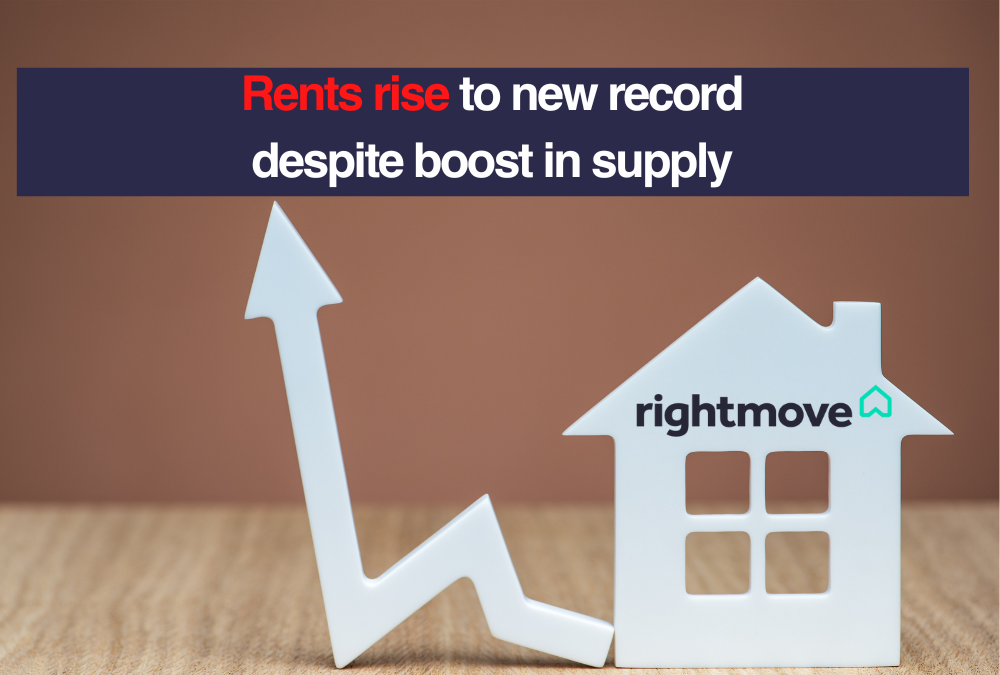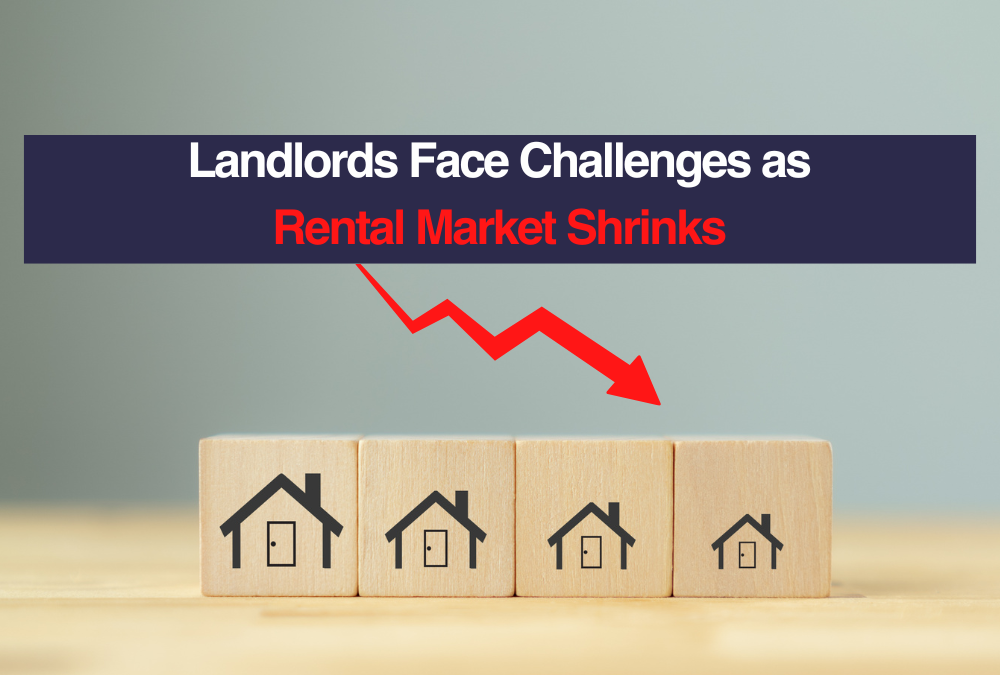A new scheme will commence in England and Wales on the 4th of May under the Debt Respite Scheme (Breathing Space Moratorium and Mental Health Crisis Moratorium) (England and Wales) Regulations 2020.
This legislation will give someone with debt the right to legal protections from creditor action, so large lenders and possibly residential landlords will be banned from contacting tenants to discuss debt.
Where tenants have unsustainable debts and seek help, they will be signposted to the scheme which will attempt to find a solution to their financial problems. This could include the tenant entering into an agreement to repay their debts with a manageable time frame and gets them legal protection from creditor action during this time.
The scheme will be managed by the Insolvency Service, which will notify landlords if their tenants are accepted onto the scheme, as The Debt Respite Scheme (also known as Breathing Space) may impact landlords, particularly those seeking possession due to arrears.
There are two types of breathing space that a tenant may enter:
- A standard breathing space
This agreement will last for a maximum of 60 days.
- A mental health crisis breathing space
This agreement will end 30 days after the tenant’s treatment ends.
Essentially, what this may mean for landlords is that they will not be allowed to contact tenants directly to request payment of rent arrears or take enforcement action by taking possession of a property.
Local authorities providing debt advice, FCA approved debt advisors and health professionals can grant Breathing Spaces to people in debt. If it is deemed a tenant is financially able to repay the arrears through savings and budgeting, then a Breathing Space may not be the right solution for them.
If a Breathing Space is thought to be the most appropriate option, the tenant’s details will be added to an electronic record and their creditors will be notified by electronic or postal mail, although the decision can be challenged.
If the tenant has a guarantor, landlords can contact them in relation to the moratorium debt and require payment from the guarantor during the breathing space.
Impact on Section 8 possessions
If the tenant is in arrears or has judgements relating to property damage or bills, and is therefore issued a Breathing Space order, landlords will be prevented from serving a Section 8 notice. Landlords will be prevented from applying for a possession order, warrant of possession or money judgement during the Breathing Space period.
It is worth knowing that secured debts are not covered by Breathing Space rules, so your mortgage lender would still expect to receive mortgage payments during the period your tenant was in a Breathing Space.
Landlords seeking help with mortgage payments look set to get more help after lenders have backed plans to extend a moratorium on home repossessions. The Financial Conduct Authority (FCA) is consulting on whether to hold off on both home and buy-to-let property mortgage possessions until 1st April.
The current ban ends on 31st January but there are proposals for it to be extended to take the worsening coronavirus situation and tighter restrictions into account.
Related Articles
- Rent Reductions During Covid-19
- Further Rules for Evictions & Rent Arrears
- Dealing with Rent Arrears
- Advice About Bills During Coronavirus
- Key Dates & New Rules For Landlords In 2021








